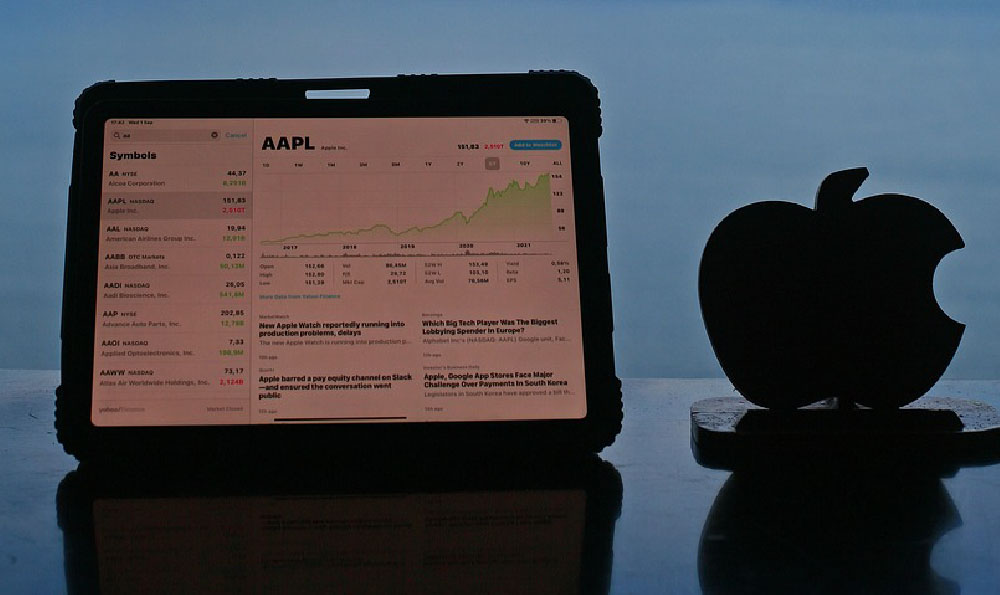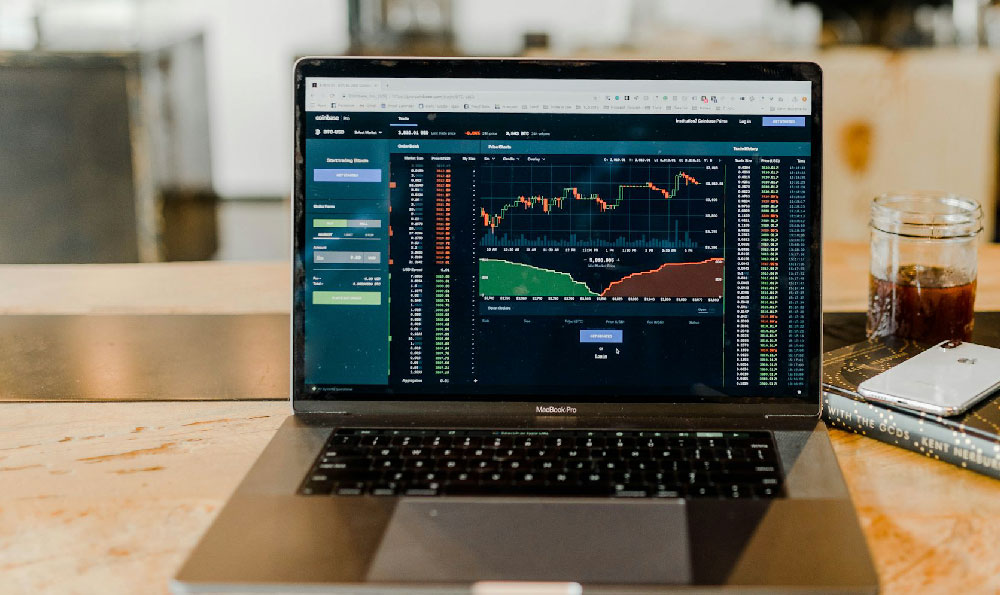Dubai's economic success is a fascinating story of strategic diversification and relentless innovation. It's a common misconception to think of Dubai solely as an oil-rich emirate, though oil did play a crucial role in its initial development. The reality is far more nuanced. Dubai's leaders recognized the finite nature of oil reserves early on and proactively embarked on a path to establish a sustainable, diversified economy largely independent of hydrocarbons. This forward-thinking approach has transformed Dubai into a global hub for trade, tourism, finance, and logistics.
One of the most significant revenue streams for Dubai is its thriving tourism industry. The city has meticulously cultivated an image of luxury, adventure, and cutting-edge modernity, attracting millions of visitors annually. This isn't simply about having stunning skyscrapers and extravagant shopping malls. Dubai has invested heavily in developing world-class attractions, from iconic landmarks like the Burj Khalifa and the Dubai Mall to theme parks, water parks, and cultural experiences. The government actively promotes Dubai as a safe and welcoming destination, and its strategic location makes it a convenient stopover point for long-haul flights. The impact of tourism extends beyond hotel bookings and attractions; it fuels the retail sector, supports numerous service industries, and generates significant employment opportunities. Furthermore, Dubai has successfully positioned itself as a major destination for conferences, exhibitions, and events, further boosting its tourism revenue. The success of the tourism sector is a testament to Dubai's ability to adapt and innovate, continuously developing new and exciting experiences to keep visitors coming back.
Another crucial pillar of Dubai's economy is its role as a regional trade and logistics hub. The Jebel Ali Free Zone (JAFZA) and the Dubai Ports World (DP World) are prime examples of this strategy in action. JAFZA provides a business-friendly environment with tax incentives, minimal bureaucracy, and simplified customs procedures, attracting multinational corporations and fostering trade between the East and West. DP World, one of the largest port operators globally, manages ports across the world, and its flagship Jebel Ali Port serves as a vital gateway for goods flowing through the Middle East, Africa, and Asia. This efficient logistics infrastructure, coupled with Dubai's strategic location, makes it an ideal distribution center for companies looking to access these markets. The trade sector not only generates direct revenue through port fees, customs duties, and related services but also indirectly supports other industries like transportation, warehousing, and financial services. The government has continuously invested in upgrading port infrastructure and streamlining trade processes to maintain its competitive edge in the global market.

The real estate sector has historically been a significant contributor to Dubai's economy, although its cyclical nature has also presented challenges. Dubai has become synonymous with architectural marvels and ambitious development projects, attracting both domestic and international investors. The sale and lease of residential and commercial properties generate substantial revenue, and the construction industry provides significant employment opportunities. However, the real estate market is susceptible to fluctuations in global economic conditions and investor sentiment. The government has implemented measures to regulate the market and prevent excessive speculation to ensure long-term stability. Furthermore, Dubai is increasingly focusing on developing sustainable and eco-friendly real estate projects to attract environmentally conscious investors and residents.
The financial services sector is also a growing contributor to Dubai's economy. The Dubai International Financial Centre (DIFC) is a special economic zone that provides a regulatory framework aligned with international best practices, attracting banks, insurance companies, asset management firms, and other financial institutions. The DIFC facilitates cross-border transactions and supports the growth of the regional financial market. Dubai's strategic location, coupled with its well-developed infrastructure and business-friendly environment, makes it an attractive destination for financial institutions looking to expand their operations in the Middle East, Africa, and South Asia. The growth of the financial services sector not only generates direct revenue but also supports other industries by providing access to capital and facilitating trade and investment.
Beyond these key sectors, Dubai is actively investing in emerging industries such as technology, renewable energy, and space exploration. The Dubai Future Foundation is spearheading initiatives to promote innovation and entrepreneurship in these fields. Dubai aims to become a global leader in these sectors, attracting talent and investment and diversifying its economy further. These emerging sectors offer significant growth potential and will be crucial in ensuring Dubai's long-term economic sustainability.
Finally, it's important to acknowledge the role of government revenues, including taxes, fees, and investments. The government actively manages its finances and reinvests its earnings to support economic development and infrastructure projects. The government also owns significant stakes in various companies and sectors, generating revenue through dividends and profits.
In conclusion, Dubai's economic success is not solely reliant on oil, but rather on a diversified and innovative approach that encompasses tourism, trade, real estate, financial services, and emerging industries. The government's strategic planning, proactive investment, and business-friendly policies have been instrumental in transforming Dubai into a global economic powerhouse. The continuous pursuit of innovation and diversification will be key to ensuring Dubai's long-term economic prosperity and maintaining its position as a leading global hub. The emirate's ability to adapt to changing global dynamics and identify new opportunities will be crucial for its continued success in the future.












